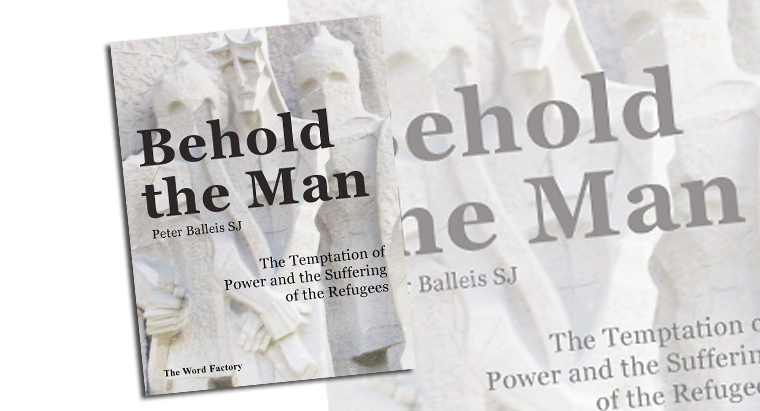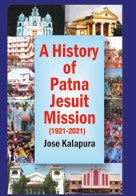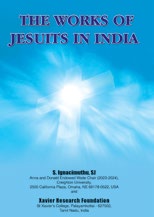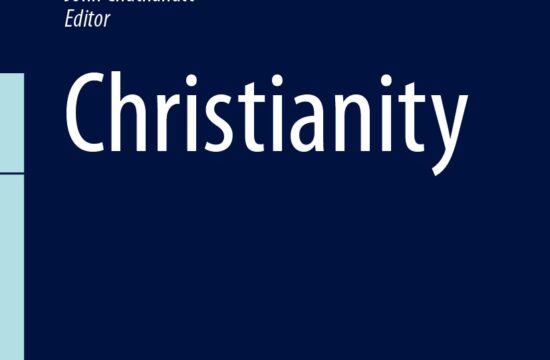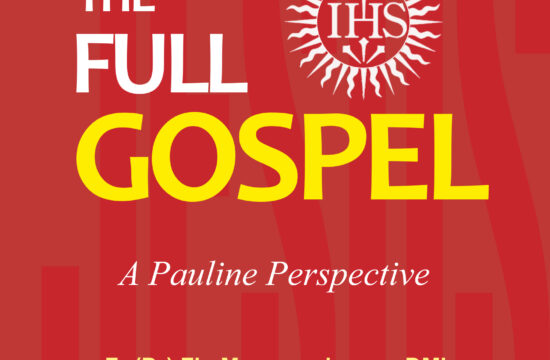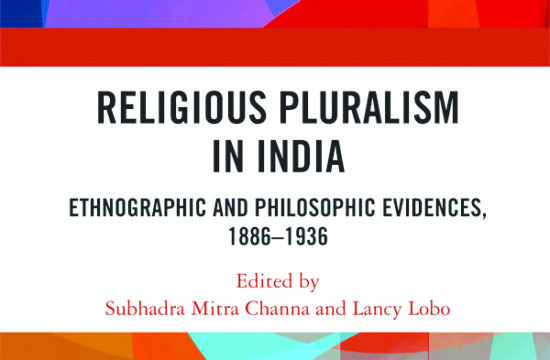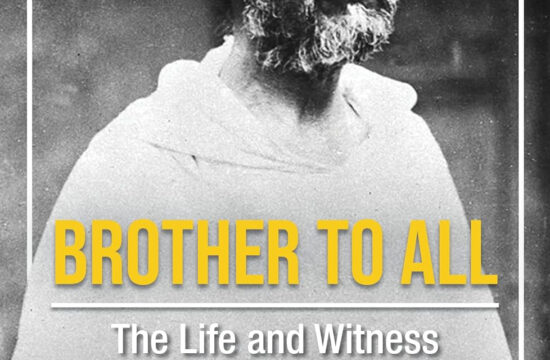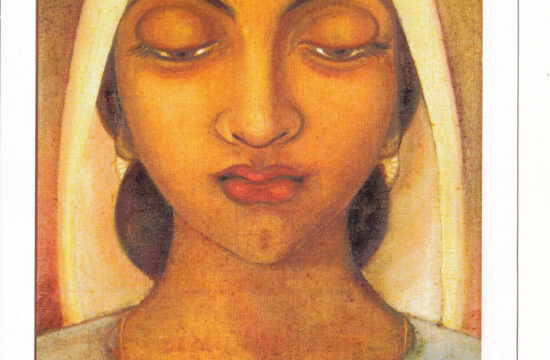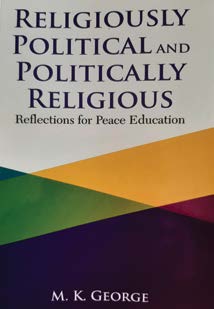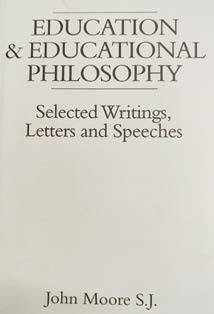Given his vast experience of work with refugees in many parts of the world, Peter has come out with a book – first written in German and then translated into English, and available on Kindle.
First, Peter takes us to the hot spots of conflicts and refugees in the world……The conflicts in eastern Congo, South Sudan and in Central African Republic have a certain ethnic or religious colouring. But on a basic level they are wars about resources with local, regional and international actors. North Africa is shattered by poverty, failing states and religious fundamentalism. The elites of few Arab states have squandered their oil revenue and invested abroad but they have not invested in the development of their own societies. There is war in Syria, in Yemen in Iraq, and in Afghanistan. Another conflict zone on the border with Europe is Ukraine.
Then Peter talks of the causes of war. The first is economic interests that are the central motive for many wars. “A few earn large sums from war, especially arms dealers and countries that produce arms, mining companies, and oil and gas producers” (p.47). Secondly, national or ethnic, as well as religious interests, lead to acts of war. One ethnic identity is threatened by another ethnic or religious group. Thirdly, acquisition of power is the purpose of realpolitik and the exercise of power by military force if necessary, is a means of ensuring that national and economic interests are enforced. However, all these above causes of war are only pretexts, used to disguise the personal pursuit of power, wealth and honour – decisive driving forces in politics!
Taking up the Lazarus and rich man parable, Peter compares Europe to a rich man at whose doorstep sits Africa with its conflict potential in the Sahel Zone, the Middle East, and Central Asia. “Refugees are the victims of an abuse of power; they are helpless, without power. They don’t want violence, but to live in peace and security. In regarding them we see the face of God and recognize the suffering servant of God” (90). Our challenge is how to resist all the temptations of avarice, ambition for glory and power and how to integrate so many refugees.
Peter compares the Jesus model on ruling and serving. With love and mercy there may be a chance to end the vicious circle of anger and violence. He uses the parable of the multiplication of loaves, with Jesus saying “give them something to eat”. He also refers to the parable of the Good Samaritan.
Peter also highlights the plight of victims of oppression, captivity, exclusion, and atrocities. The role of prayer on one’s knees with uplifted open palms is the most primal way. Dialoguing with the oppressors alongside prayer, is another way of overcoming the evil. Our own Fr. Prem Kumar S.J who was under the captivity of Taliban and his prayer of thanksgiving takes a prominent place in this volume. Peter shares his experience of working at the Jesuit Refugee Service. He says: First, one should be available to all people in need. Second, JRS teams should be made up of both conflicting religionists. “There is no alternative to friendly dialogue and engagement, and no substitute for reconciliation and living together peacefully”. People without inner peace cannot promote peace outside!
St. Ignatius and his spiritual exercise especially the Principle and Foundation has been given a pride of place in this volume as to how to see reality. “Man is created to praise reverence and serve God our Lord; the other things are created to help him to achieve this goal. Peter contrasts two characters in Africa, Mandela and Mugabe – both Christians, who were imprisoned for some time. The former took the road to reconciliation, peace and justice on leaving the prison, while the latter took to oppression, chased primal temptations of power, wealth and glory and managed to keep power until his death.
Very few Jesuits have written stories of their lives based on their work, problems encountered in multi-cultural, conflicting arenas and the strength they derived from Jesus, Mary, Scriptures, Spiritual Exercises, and the examples of heroic women and men of Christian faith. This book is a statement which shows how one can live alongside evil that manifests in our times, especially with the refugees, and how it can be countered. Refugee Spirituality indeed!
- Lancy Lobo, SJ
- Title: Behold the Man: The Temptation of Power and the Suffering of Refugees
- Author: Peter Balleis, SJ
- Publisher: The Word Factory
- Pages: 203
- Price: Rs. 400


